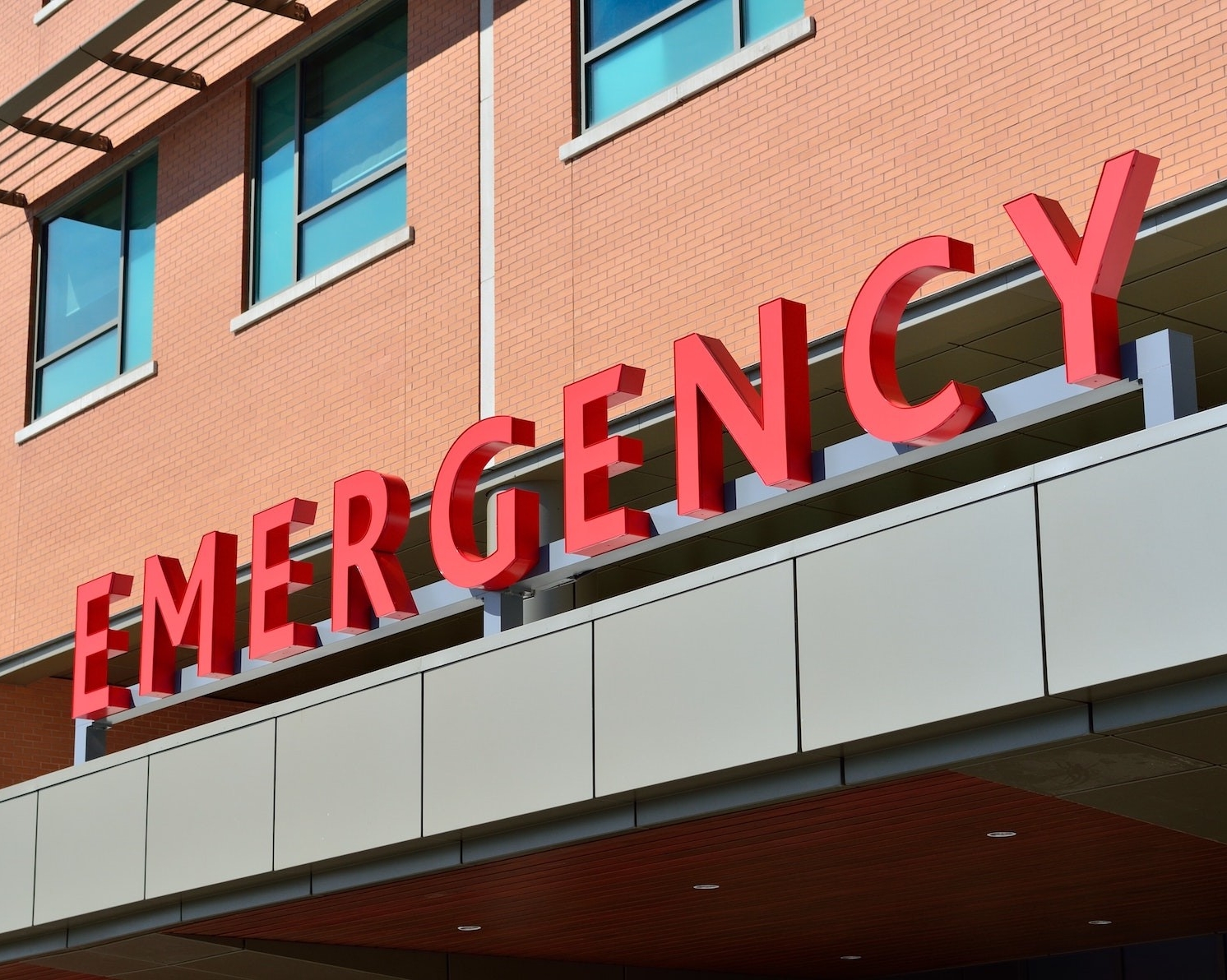article
The emergency room: When to go, and when not to
Emergency room considerations
A large number of visits to the emergency room (ER) of a hospital are not considered emergencies. Many of these health issues can be addressed at a clinic by a nurse or doctor (e.g. Concordia Health Services or a community clinic), by a pharmacist, or even taken care of at home.
Seeking treatment at an emergency room for problems that are not emergencies poses several difficulties. At the emergency room they don't know you and your health history, so they have incomplete information. This can lead to wasting time and money on tests. Also, you are surrounded by sick people, who can spread infections to you; and if you are there with a cold, the flu or other infectious disease, you can spread it to other people. Furthermore, it increases costs to the health care system. Finally, you are taking up time and resources that could be better used by those who truly require emergency care.
There is no hard and fast rule as to when to seek emergency medical services; however, there are some situations where the emergency room is the appropriate place to go. Listed below are common situations that require emergency medical attention. These are only guidelines.
If you are not sure whether you should go to the ER, call Info Santé (dial 8-1-1) to speak to a nurse. They will give you advice and help you decide what to do about your health concern.
When to go to the emergency room
The following are health problems in which it is recommended to go to the emergency room:
- Severe physical trauma, such as that caused by a car accident.
- Suicidal or homicidal feelings
- Loss of consciousness (fainting) if it happened because of an injury or causes an injury
- Severe abdominal pain: especially with fever
- Sudden and severe headache: The worst headache of your life.
- Serious bleeding that doesn't stop with constant pressure after 10 minutes.
- Coughing up blood, blood in your vomit or bright red blood from your rectum (that is not related to hemorrhoids).
- Sudden chest pain or the feeling of a heavy weight (often described as an elephant) on your chest:
- This could indicate a heart attack. Other signs of a heart attack include pain in the left shoulder or arm, a burning sensation or aching under the breastbone (which can be confused with heartburn), light-headedness, or jaw pain.
- Severe shortness of breath
- Sudden numbness or weakness in the arms or legs and/or sudden onset of blurred vision, which could indicate a stroke. Other possible signs include disorientation and difficulty speaking.
- A very rapid pulse at rest without a fever that is not related to exercise or emotional stress.
- Poisoning. If you have been poisoned, first call Quebec Poison Control Center at 1-800-463-5060. If a person is unconscious from suspected poisoning, call 911.
If you are experiencing any of these conditions, go to your closest emergency room or call 9-1-1 for an ambulance.
When not to go to the emergency room
Just as there are times when it is appropriate to go to the emergency room, there are other times when it is not appropriate to go. These include:
- Health problems that can be treated at home using self care measures such as a cold (runny nose, congestion, watery eyes, a sore throat, and possibly sneezing), the flu (sudden onset of a high fever, chills, muscle and joint aches and headache), a sore throat or a minor burn, cut or scrape.
- Loss of consciousness (fainting) *if no injury: The main cause of fainting is from a sudden drop in blood pressure, and most of the time this is not an emergency.
- Minor aches or pains
If you are experiencing any of the above, consult the patient resources section of our website, see a pharmacist, or call Info-Santé (dial 8-1-1) to get advice from a nurse on what to do.
Additionally, you should not go to the emergency room to get a prescription refilled, to get a second opinion or if your family physician is not available
